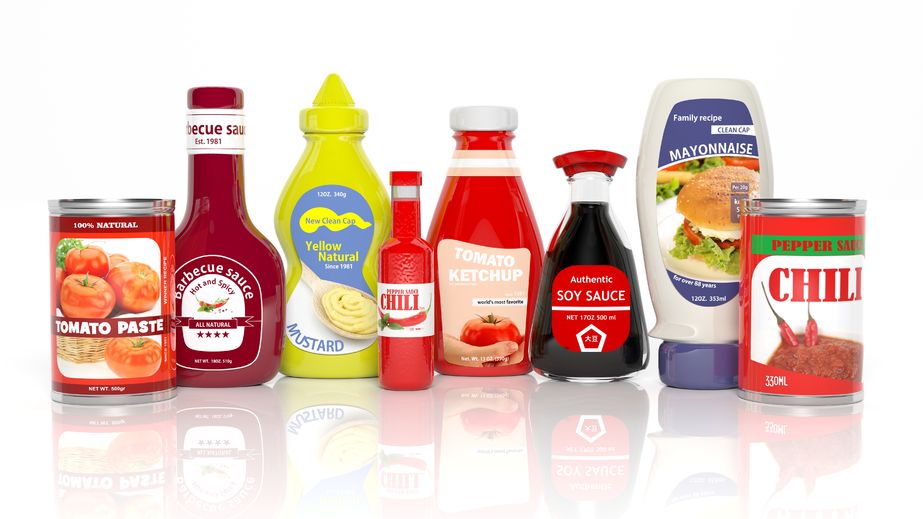On January 4, 2011, President Barack Obama signed the Food Safety Modernization Act (FSMA) into law. The act was in direct response to an outbreak of foodborne illness that struck the US between 2000 and 2010 that was caused by numerous safety hazards all along the food industry’s supply chain. As a result, the FSMA was enacted in order to help reduce those risks in several ways.
The Purpose of the FSMA
The FSMA received exceptional support and was ultimately signed into law in an effort to protect the food supply chain in the US by proactively preventing contamination. Prior to the act, the FDA could only truly respond to issues retroactively and had very little authority when it came to many vital processes and procedures. Following the act, however, the FDA was granted numerous new powers. In fact, the FSMA was the largest reform to the food safety laws in the United States for seven decades.
The Six Rules
The main focus of the FSMA was to require more stringent documentation from any company or entity involved in the food supply chain in an effort to promote safety. The six major rules categories covered by the FSMA include:
- Preventative Controls for Human Food – This rule requires domestic and foreign facilities alike to establish and use risk analysis and prevention standards when it comes to food intended for human consumption.
- Produce Safety Standards – These standards are science-based and are designed to facilitate safe growing, harvesting, packing, storage, and holding of fruits and vegetables.
- Foreign Supplier Verification Program – This requires companies that import goods to carry out risk-based activities and checks to ensure that the imported goods meet safety standards here in the US.
- Accreditation of Third-Party Auditors – This rule requires third-party certification bodies (auditors) to conduct audits and issue certifications of various foreign facilities.
- Sanitary Transport of Food and Feed – This rule governs the way food is transported in an effort to protect both human and animal safety. It dictates the conditions and practices deemed acceptable for transport equipment and vehicles, and it also sets standards for training and recordkeeping.
- Intentional Contamination/Food Defense – Finally, the FSMA set standards requiring domestic and foreign facilities to analyze their operations for any potential vulnerabilities that might allow for harm on a large scale.
FDA’s Mandatory Recall Powers
Another important part of the FSMA was the fact that it gave the FDA – for the first time ever – the ability to force companies to recall food products based on a set of safety criteria. Prior to this, the FDA could only become involved when the risk of health issues came to fruition; now, however, the FDA is able to require companies to recall foods based on threat alone. It is thought that this has played a major role in the reduction of foodborne illness since the act’s implementation in 2011.
Though the FSMA required many changes for companies involved in food manufacturing, packaging, storage, and transport, the truth is that the act has drastically reduced the number of foodborne illnesses in the US since it was first put into place. Adhering to FSMA guidelines is vital to any company that is part of the food industry, so learning more about it and ensuring compliance is a great idea.

